
News: Has the US Given Israel a Green Light to Attack Syria?
A senior Syrian government spokesman just confirmed his nation did indeed possess chemical weapons, and might employ them against a "foreign aggressor."


A senior Syrian government spokesman just confirmed his nation did indeed possess chemical weapons, and might employ them against a "foreign aggressor."
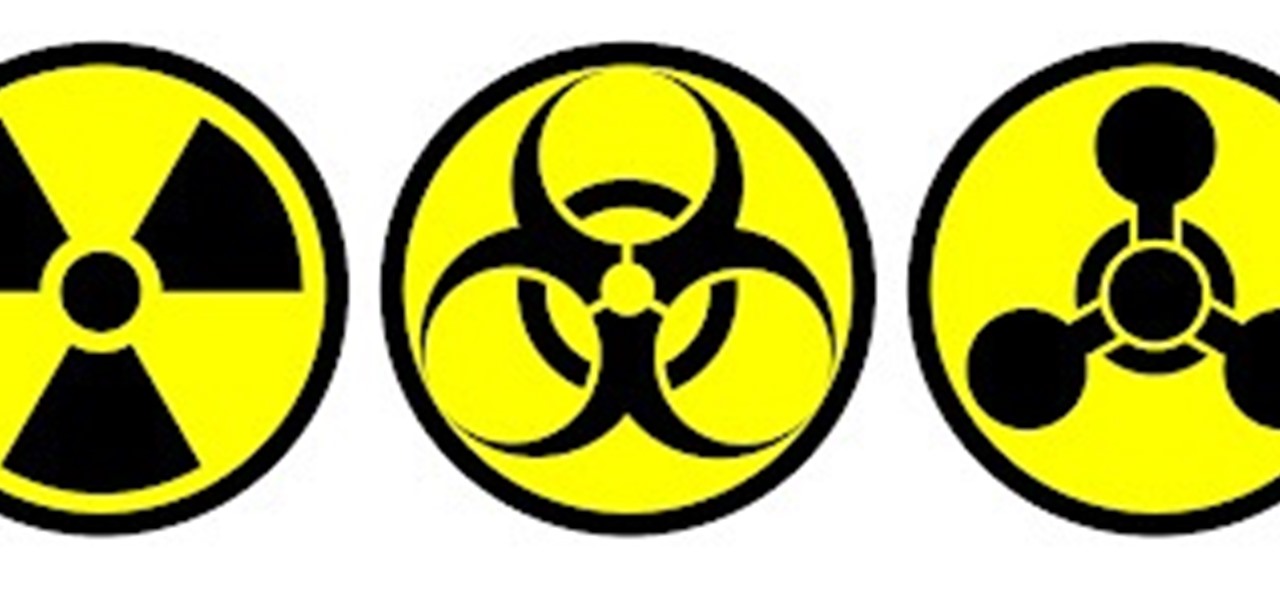
Citing no evidence, and on the heels of yet another baseless “activist” report claiming a massacre has taken place in Homs, nameless US officials claimed to the Wall Street Journal that the Syrian government is taking chemical weapons out of storage for possible use “against anti-regime rebels or civilians, possibly in an ethnic cleansing campaign.” » False Flag Alert: US Claims Syria “Moving Nerve Gas Out of Storage” Alex Jones' Infowars: There's a war on for your mind!.
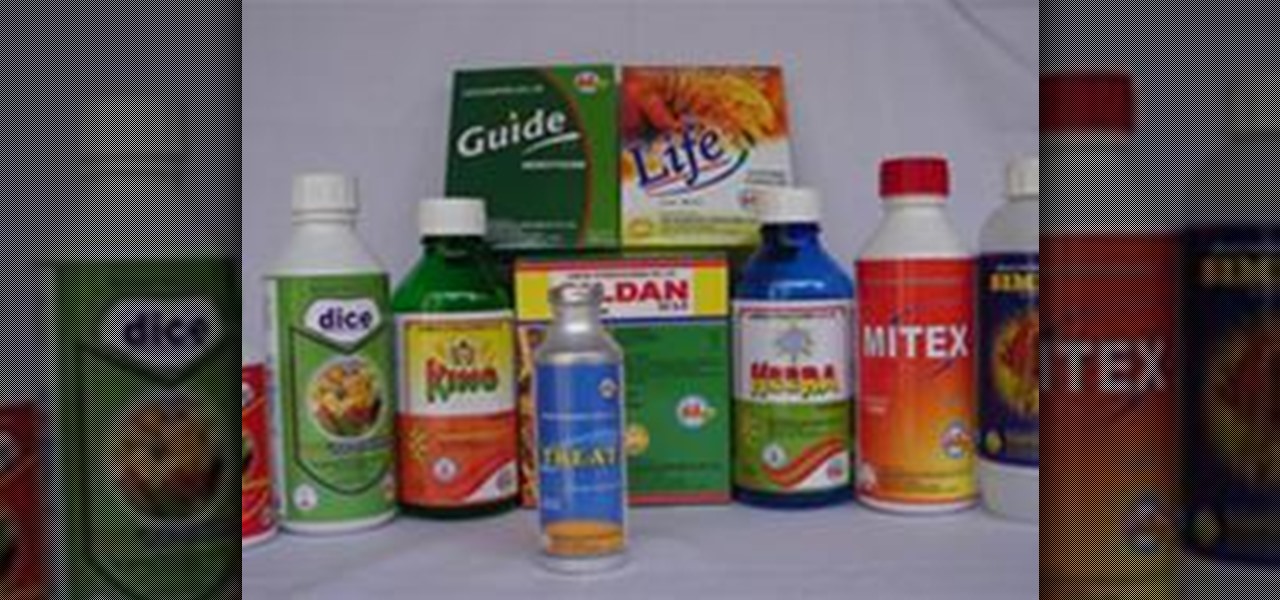
Insecticides are widespread products which are used daily in our lives. Organophosphorus is the main compound in these products and has toxic effects on our health that may be fatal in some cases.
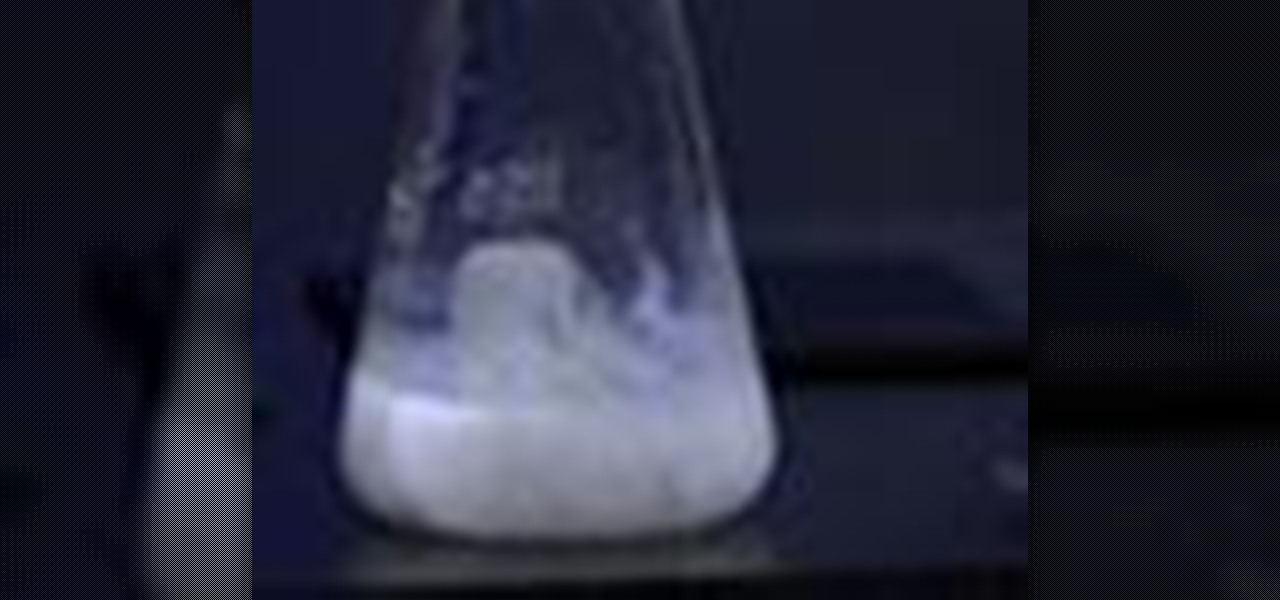
Check out this science experiment video on how to chemical stalagmites. Chemist Chris Schrempp (star high school teacher and author of the book Bangs, Flashes, and Explosions) walks host Chris Hardwick through the process of making chemical stalagmites and some cool exothermic reactions similar to hand warmers.

Weapons Plus Mod Weapons Plus Mod 1.7.2 This mod adds a lot of new weapons to the game, such as guns, swords, and more. Destroy buildings, even whole biomes with this mod! All guns have 3D Item Renderers and Models! This mod also uses 32×32 textures.

This U.S. Army video gives instructions on how to treat dry chemical burns on the battle field. Treat dry chemical burns.

The Mechanic character class is now live in Global MapleStory (GMS), the international version of Nexon's popular free massively multiplayer online role-playing game. Celebrate the release by building a super-powerful Mechanic to call your own! No idea how to invest your skill points? No problem! The build guide excerpted below eliminates the guesswork, permitting you to focus on what matters: playing the game.
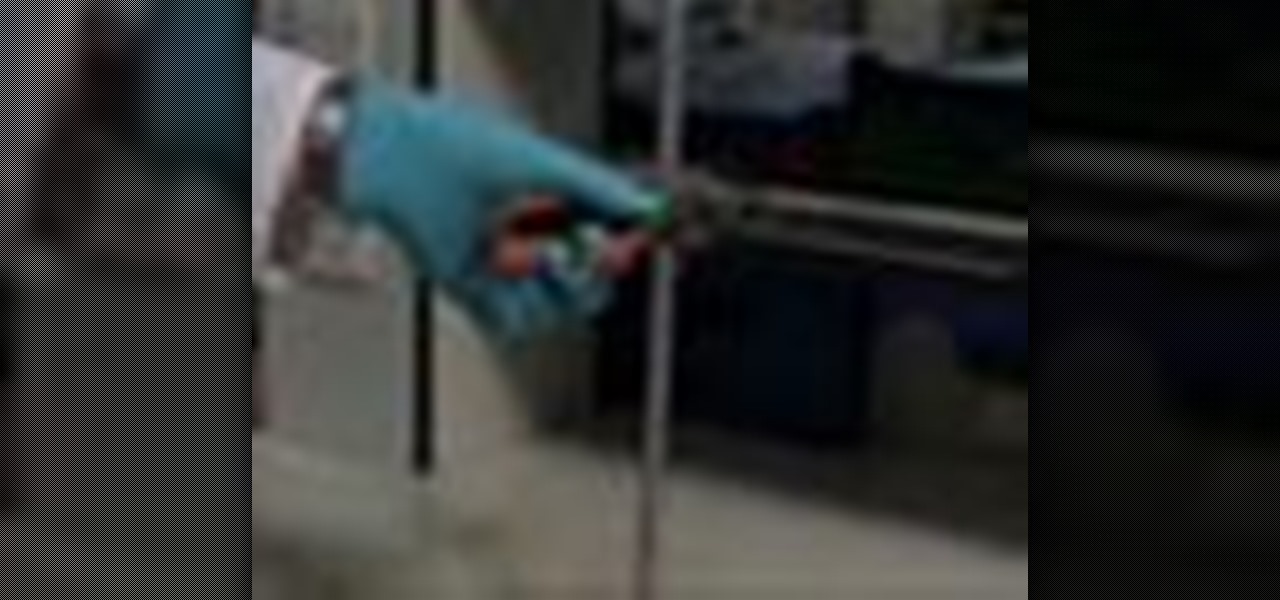
The Interactive Lab Primer (ILP) has been developed as part of the Royal Society of Chemistry Teacher Fellowship Scheme, one of the themes of the Chemistry for Our Future program, and initiative which aims to secure a strong and sustainable future for the chemical sciences in higher education. The aim of the ILP is to address the diverse range of experience and skills students bring with them to a university by offering a resource to support their transition from school to the university chem...
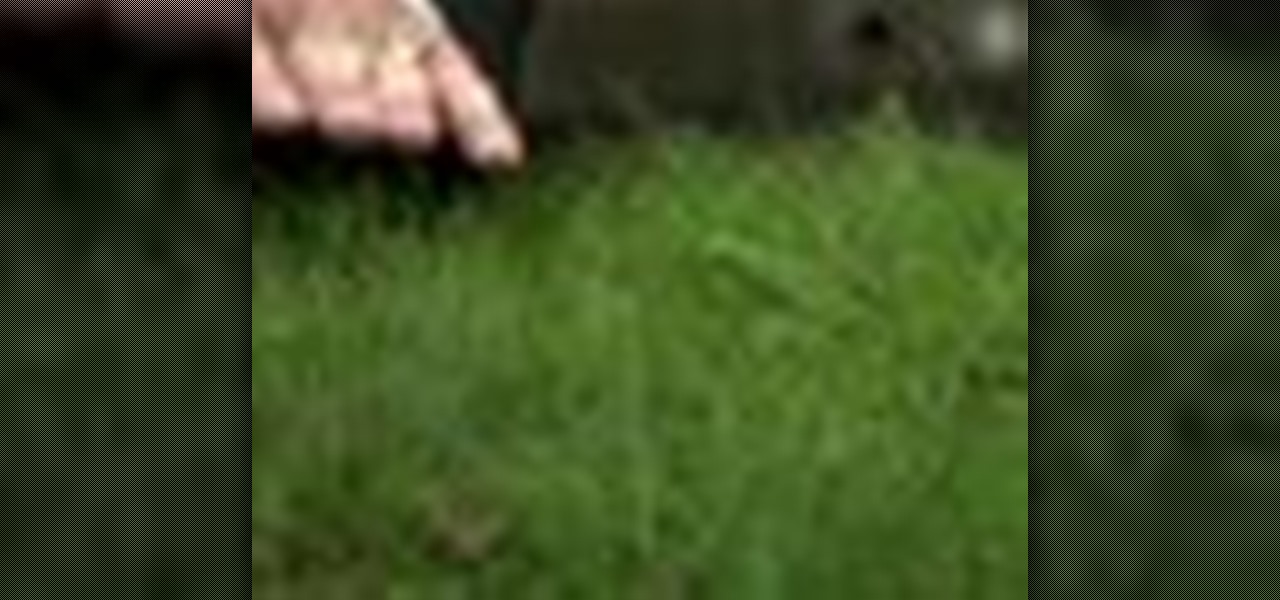
Is your lawn looking a little grim lately? Well, no need to reach for toxic chemicals, check out this clip instead! In this tutorial, gardening specialist, Carl Grimm, shows you how to fix your lawn naturally and avoid all that yucky stuff that harms kids and pets. Follow along and go green (literally!) with your front yard for summer! Turn your brown grass green again without chemicals.

In this video tutorial, we learn how to get rid of fleas at home without using chemicals. One way to do this is to chop up 6-8 lemons and let them sit in hot water overnight. After the evening, pour the juice into a spray bottle and spray it onto your pet's fur, which will keep fleas away. You can also take cedar bedding and spread it around their bedding area, which will repel fleas as well. Also, on your carpet you can make a mixture of 4 parts borax and 1 part salt and spread into your car...

The Interactive Lab Primer (ILP) has been developed as part of the Royal Society of Chemistry Teacher Fellowship Scheme, one of the themes of the Chemistry for Our Future program, and initiative which aims to secure a strong and sustainable future for the chemical sciences in higher education. The aim of the ILP is to address the diverse range of experience and skills students bring with them to a university by offering a resource to support their transition from school to the university chem...
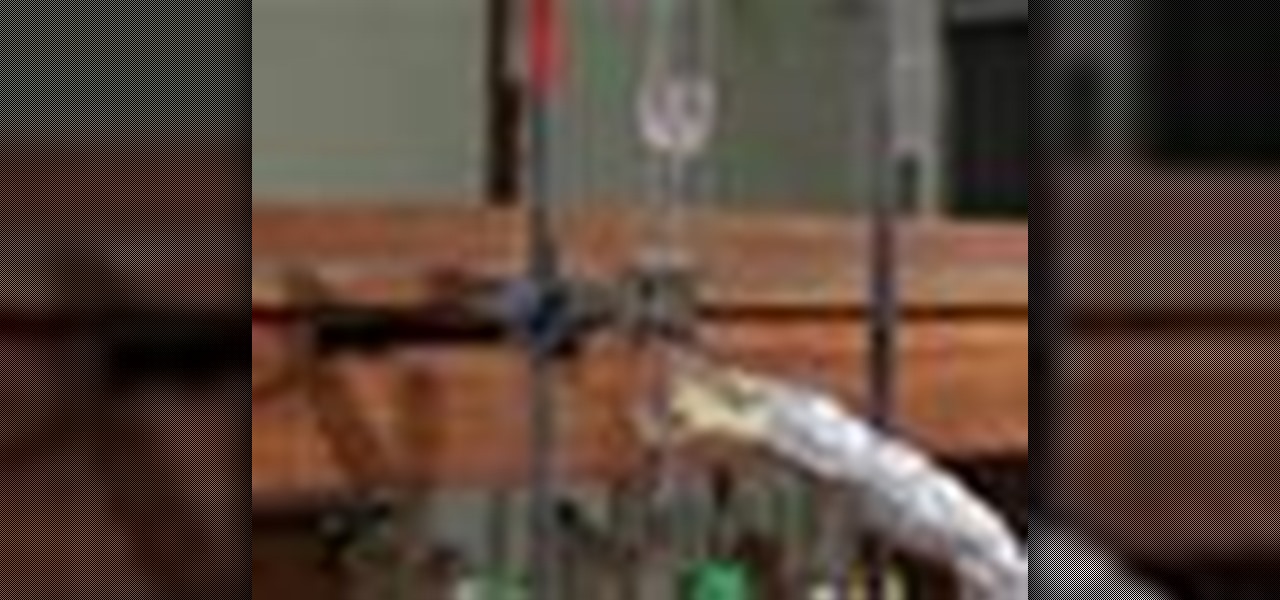
The Interactive Lab Primer (ILP) has been developed as part of the Royal Society of Chemistry Teacher Fellowship Scheme, one of the themes of the Chemistry for Our Future program, and initiative which aims to secure a strong and sustainable future for the chemical sciences in higher education. The aim of the ILP is to address the diverse range of experience and skills students bring with them to a university by offering a resource to support their transition from school to the university chem...
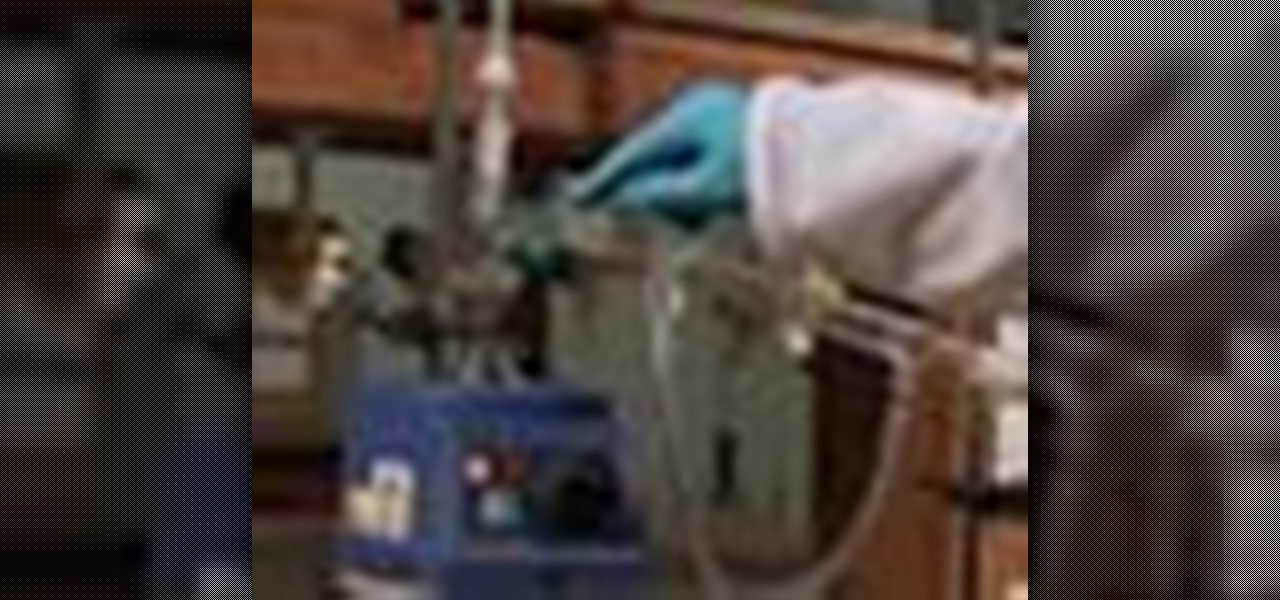
The Interactive Lab Primer (ILP) has been developed as part of the Royal Society of Chemistry Teacher Fellowship Scheme, one of the themes of the Chemistry for Our Future program, and initiative which aims to secure a strong and sustainable future for the chemical sciences in higher education. The aim of the ILP is to address the diverse range of experience and skills students bring with them to a university by offering a resource to support their transition from school to the university chem...
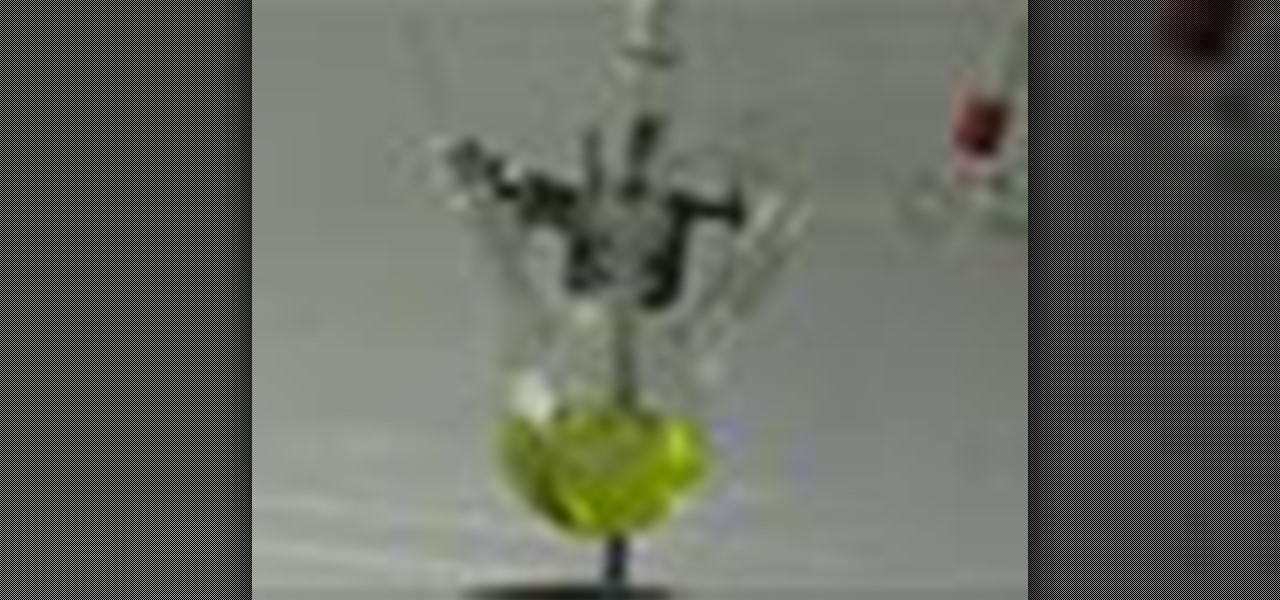
Vacuum Distillation is a distillation carried out at reduced The Interactive Lab Primer (ILP) has been developed as part of the Royal Society of Chemistry Teacher Fellowship Scheme, one of the themes of the Chemistry for Our Future program, and initiative which aims to secure a strong and sustainable future for the chemical sciences in higher education. The aim of the ILP is to address the diverse range of experience and skills students bring with them to a university by offering a resource t...
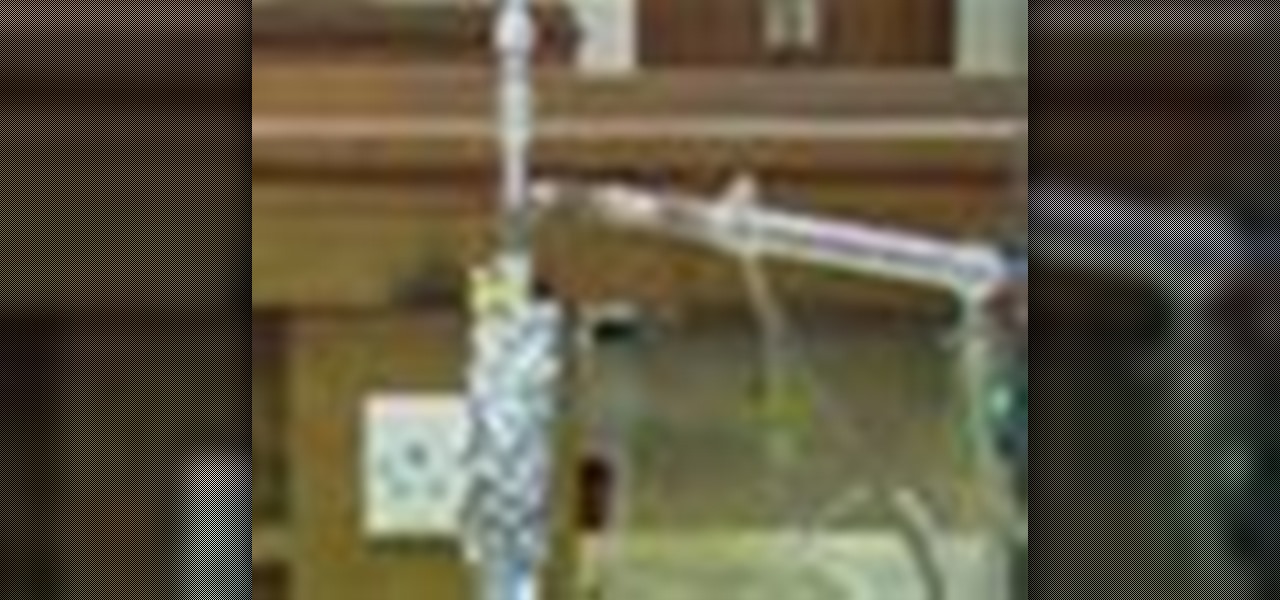
The Interactive Lab Primer (ILP) has been developed as part of the Royal Society of Chemistry Teacher Fellowship Scheme, one of the themes of the Chemistry for Our Future program, and initiative which aims to secure a strong and sustainable future for the chemical sciences in higher education. The aim of the ILP is to address the diverse range of experience and skills students bring with them to a university by offering a resource to support their transition from school to the university chem...
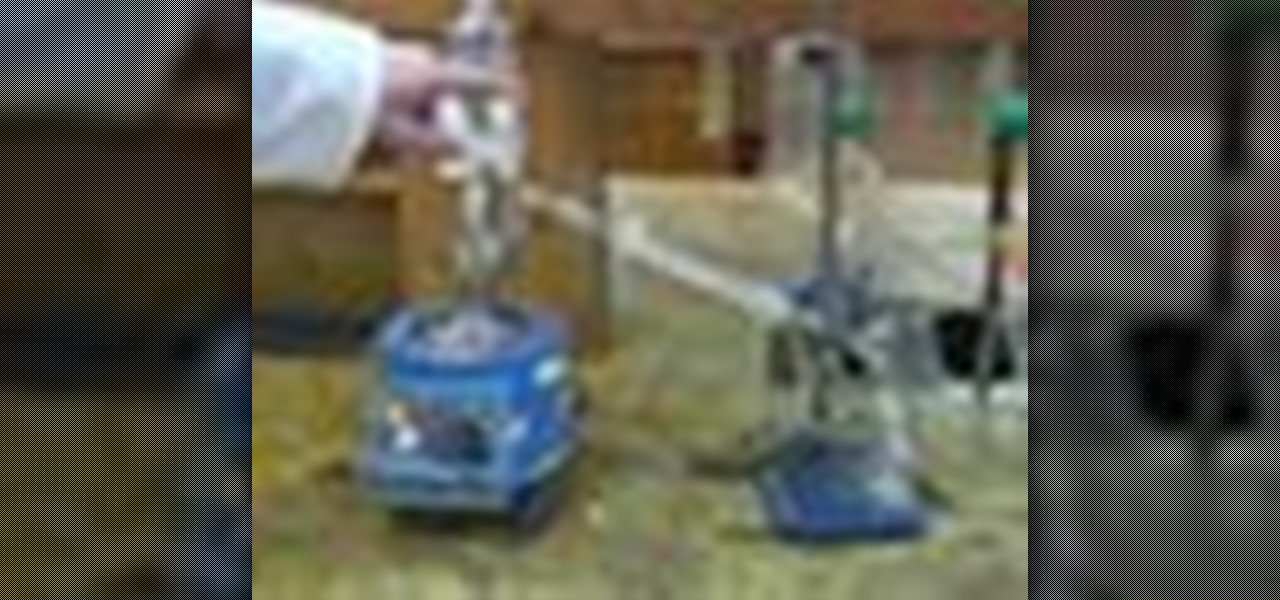
The Interactive Lab Primer (ILP) has been developed as part of the Royal Society of Chemistry Teacher Fellowship Scheme, one of the themes of the Chemistry for Our Future program, and initiative which aims to secure a strong and sustainable future for the chemical sciences in higher education. The aim of the ILP is to address the diverse range of experience and skills students bring with them to a university by offering a resource to support their transition from school to the university chem...
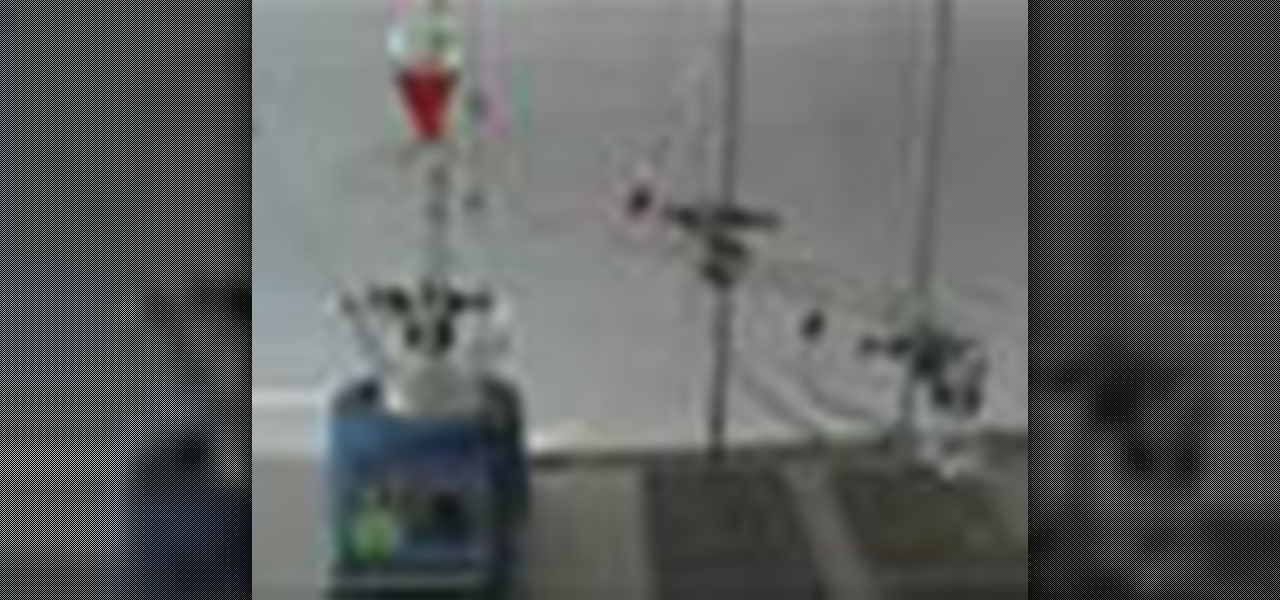
The Interactive Lab Primer (ILP) has been developed as part of the Royal Society of Chemistry Teacher Fellowship Scheme, one of the themes of the Chemistry for Our Future program, and initiative which aims to secure a strong and sustainable future for the chemical sciences in higher education. The aim of the ILP is to address the diverse range of experience and skills students bring with them to a university by offering a resource to support their transition from school to the university chem...
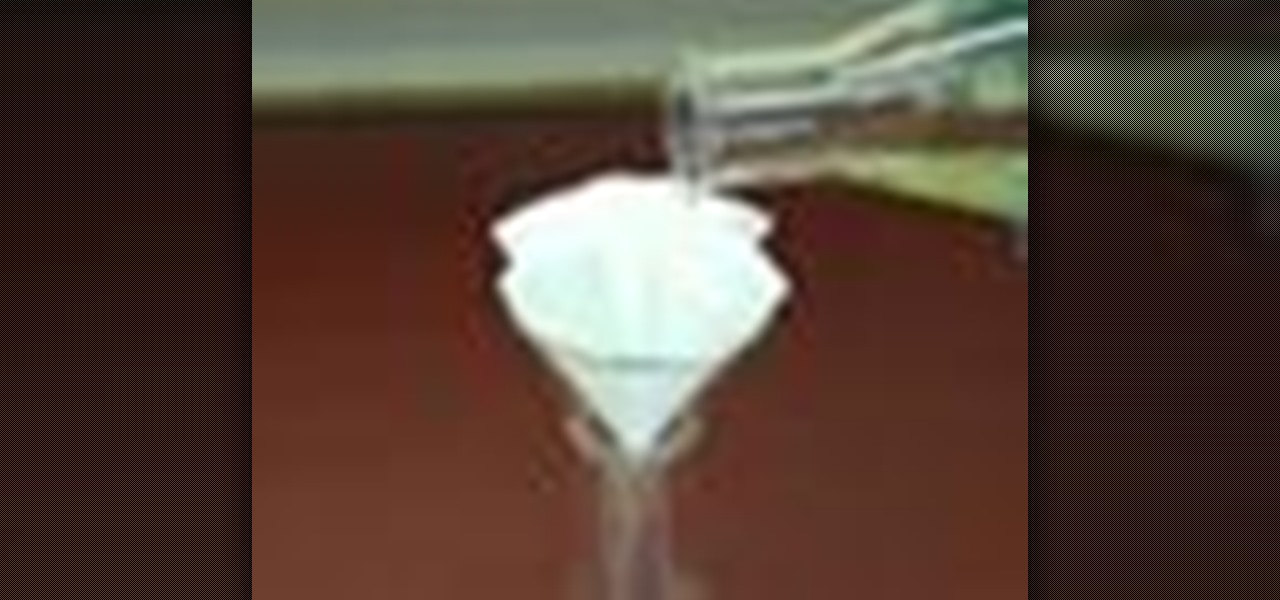
The Interactive Lab Primer (ILP) has been developed as part of the Royal Society of Chemistry Teacher Fellowship Scheme, one of the themes of the Chemistry for Our Future program, and initiative which aims to secure a strong and sustainable future for the chemical sciences in higher education. The aim of the ILP is to address the diverse range of experience and skills students bring with them to a university by offering a resource to support their transition from school to the university chem...
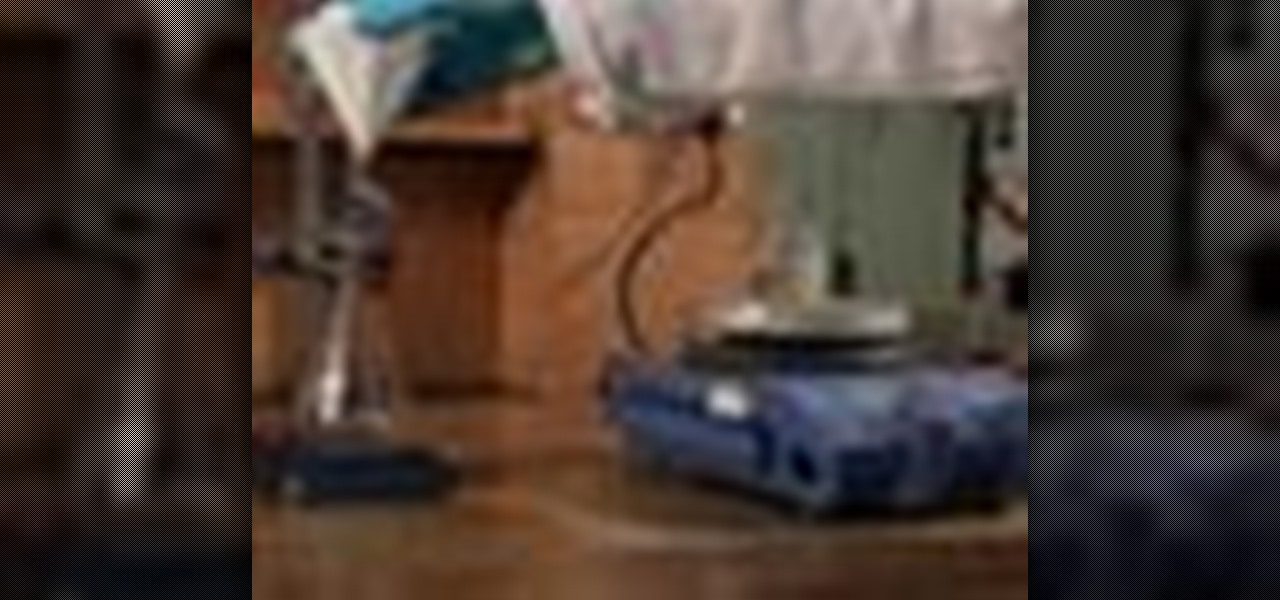
The Interactive Lab Primer (ILP) has been developed as part of the Royal Society of Chemistry Teacher Fellowship Scheme, one of the themes of the Chemistry for Our Future program, and initiative which aims to secure a strong and sustainable future for the chemical sciences in higher education. The aim of the ILP is to address the diverse range of experience and skills students bring with them to a university by offering a resource to support their transition from school to the university chem...

The Interactive Lab Primer (ILP) has been developed as part of the Royal Society of Chemistry Teacher Fellowship Scheme, one of the themes of the Chemistry for Our Future program, and initiative which aims to secure a strong and sustainable future for the chemical sciences in higher education. The aim of the ILP is to address the diverse range of experience and skills students bring with them to a university by offering a resource to support their transition from school to the university chem...

The Interactive Lab Primer (ILP) has been developed as part of the Royal Society of Chemistry Teacher Fellowship Scheme, one of the themes of the Chemistry for Our Future program, and initiative which aims to secure a strong and sustainable future for the chemical sciences in higher education. The aim of the ILP is to address the diverse range of experience and skills students bring with them to a university by offering a resource to support their transition from school to the university chem...
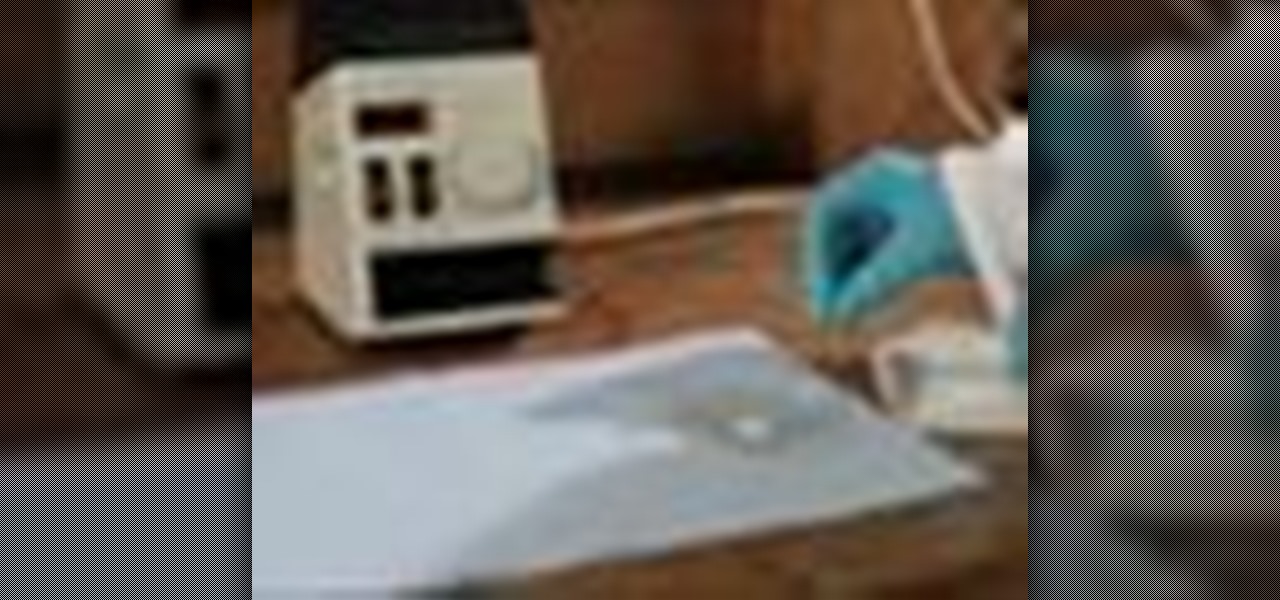
The Interactive Lab Primer (ILP) has been developed as part of the Royal Society of Chemistry Teacher Fellowship Scheme, one of the themes of the Chemistry for Our Future program, and initiative which aims to secure a strong and sustainable future for the chemical sciences in higher education. The aim of the ILP is to address the diverse range of experience and skills students bring with them to a university by offering a resource to support their transition from school to the university chem...

The Interactive Lab Primer (ILP) has been developed as part of the Royal Society of Chemistry Teacher Fellowship Scheme, one of the themes of the Chemistry for Our Future program, and initiative which aims to secure a strong and sustainable future for the chemical sciences in higher education. The aim of the ILP is to address the diverse range of experience and skills students bring with them to a university by offering a resource to support their transition from school to the university chem...

The Interactive Lab Primer (ILP) has been developed as part of the Royal Society of Chemistry Teacher Fellowship Scheme, one of the themes of the Chemistry for Our Future program, and initiative which aims to secure a strong and sustainable future for the chemical sciences in higher education. The aim of the ILP is to address the diverse range of experience and skills students bring with them to a university by offering a resource to support their transition from school to the university chem...
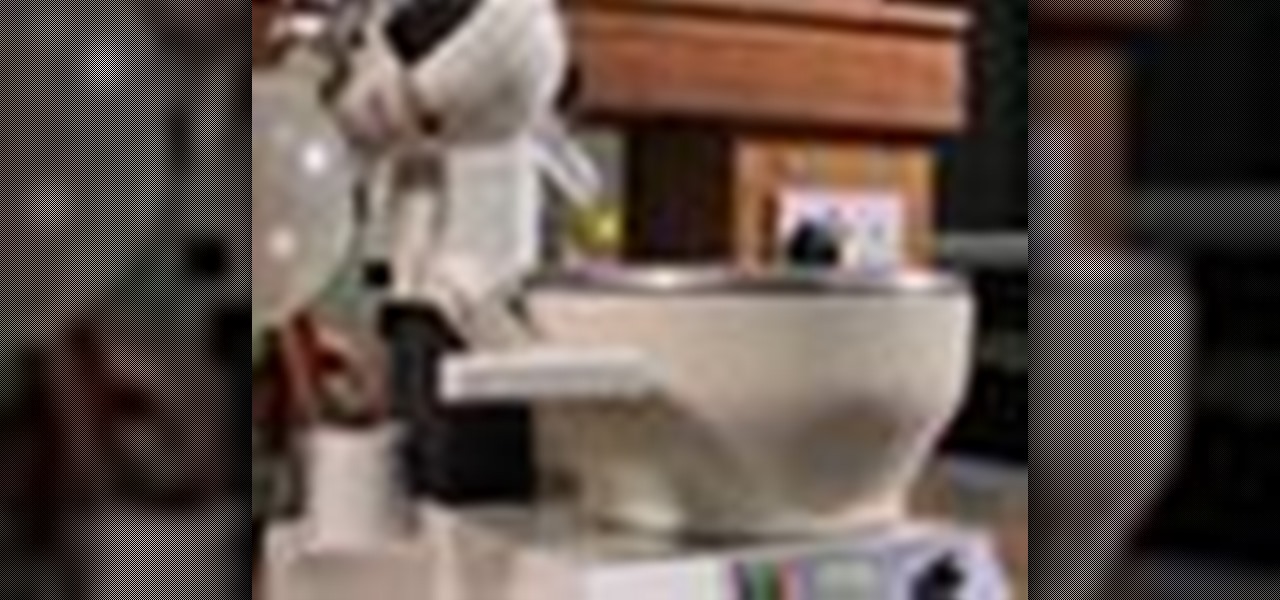
The Interactive Lab Primer (ILP) has been developed as part of the Royal Society of Chemistry Teacher Fellowship Scheme, one of the themes of the Chemistry for Our Future program, and initiative which aims to secure a strong and sustainable future for the chemical sciences in higher education. The aim of the ILP is to address the diverse range of experience and skills students bring with them to a university by offering a resource to support their transition from school to the university chem...
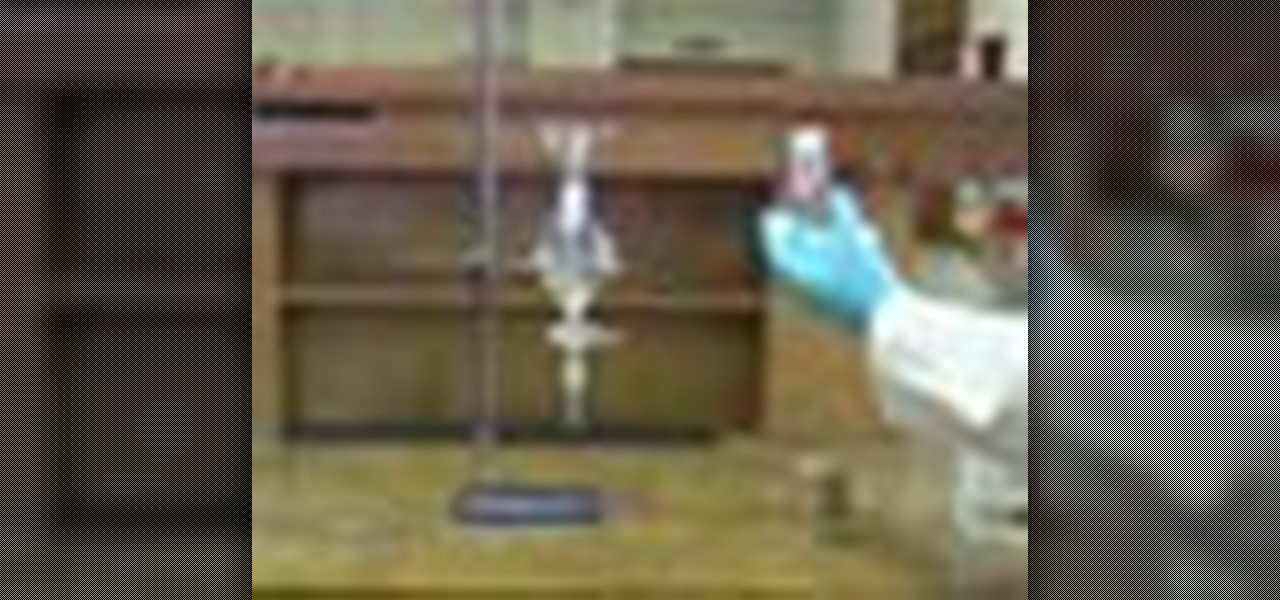
The Interactive Lab Primer (ILP) has been developed as part of the Royal Society of Chemistry Teacher Fellowship Scheme, one of the themes of the Chemistry for Our Future program, and initiative which aims to secure a strong and sustainable future for the chemical sciences in higher education. The aim of the ILP is to address the diverse range of experience and skills students bring with them to a university by offering a resource to support their transition from school to the university chem...

The Interactive Lab Primer (ILP) has been developed as part of the Royal Society of Chemistry Teacher Fellowship Scheme, one of the themes of the Chemistry for Our Future program, and initiative which aims to secure a strong and sustainable future for the chemical sciences in higher education. The aim of the ILP is to address the diverse range of experience and skills students bring with them to a university by offering a resource to support their transition from school to the university chem...
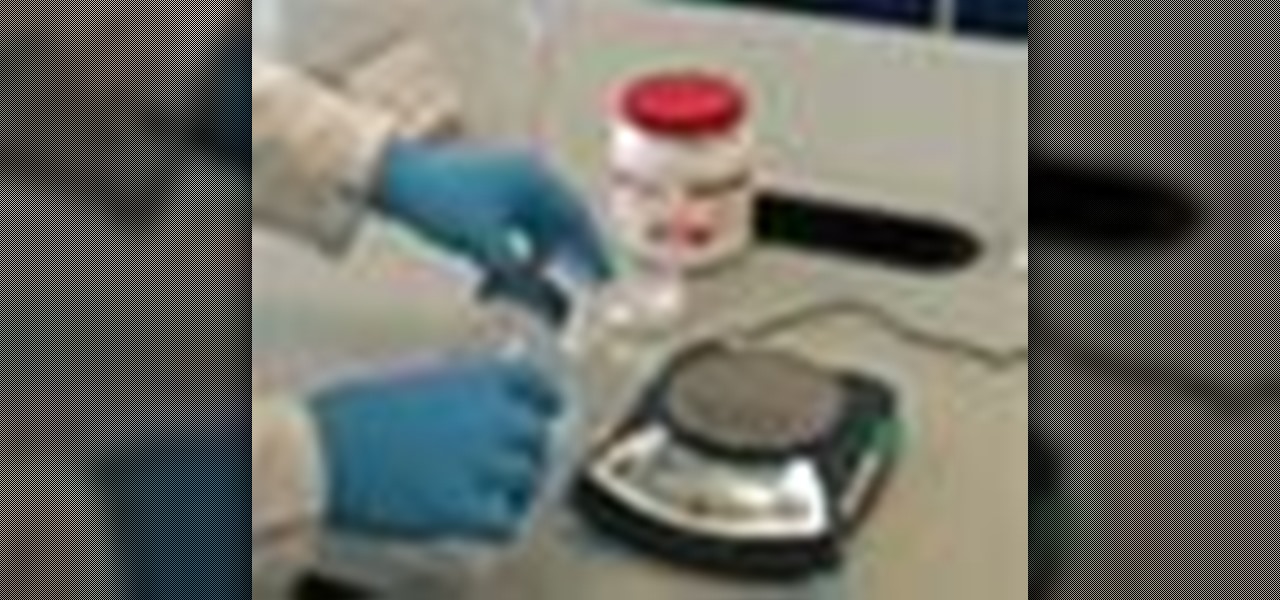
The Interactive Lab Primer (ILP) has been developed as part of the Royal Society of Chemistry Teacher Fellowship Scheme, one of the themes of the Chemistry for Our Future program, and initiative which aims to secure a strong and sustainable future for the chemical sciences in higher education. The aim of the ILP is to address the diverse range of experience and skills students bring with them to a university by offering a resource to support their transition from school to the university chem...

The Interactive Lab Primer (ILP) has been developed as part of the Royal Society of Chemistry Teacher Fellowship Scheme, one of the themes of the Chemistry for Our Future program, and initiative which aims to secure a strong and sustainable future for the chemical sciences in higher education. The aim of the ILP is to address the diverse range of experience and skills students bring with them to a university by offering a resource to support their transition from school to the university chem...
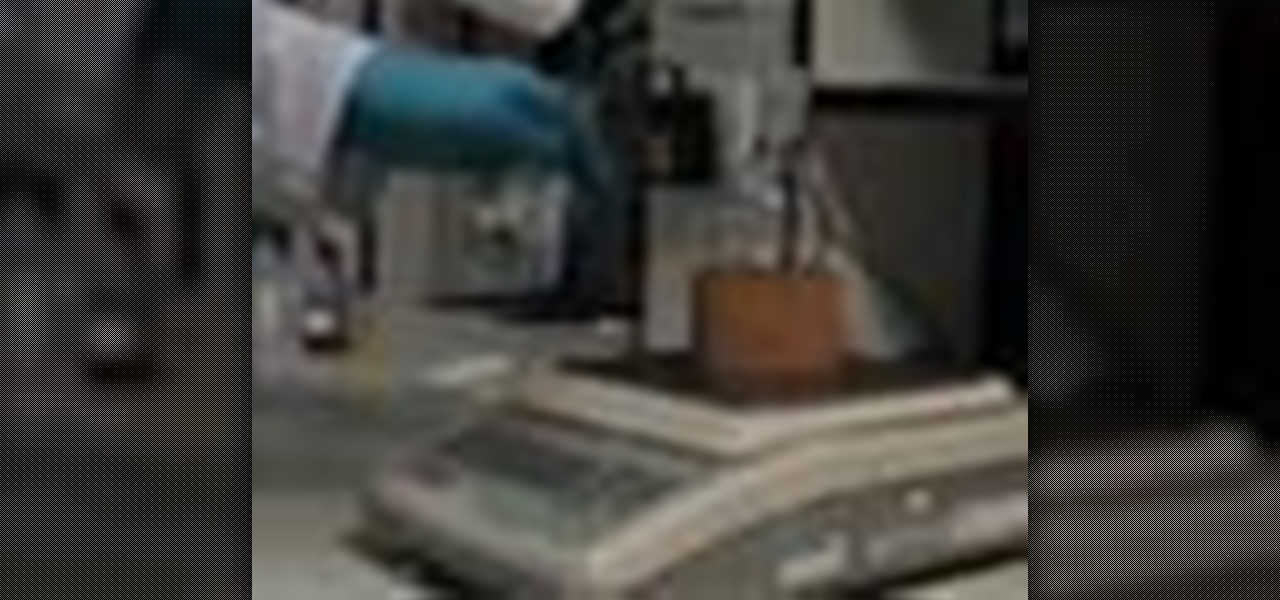
The Interactive Lab Primer (ILP) has been developed as part of the Royal Society of Chemistry Teacher Fellowship Scheme, one of the themes of the Chemistry for Our Future program, and initiative which aims to secure a strong and sustainable future for the chemical sciences in higher education. The aim of the ILP is to address the diverse range of experience and skills students bring with them to a university by offering a resource to support their transition from school to the university chem...

All you LARPers out there, watch and see how you can make a blue boffer sword for LARPing. This weapon passes all weapons specs as of Ragnarok XXI War Council for Eryndor.
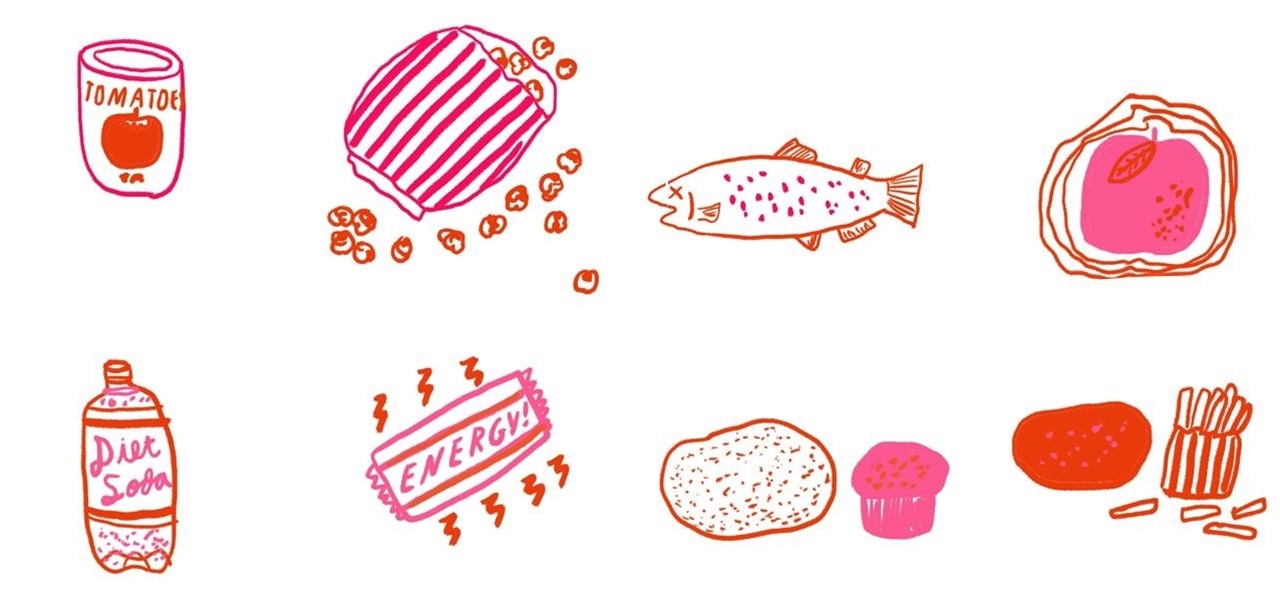
Tin cans have resin linings that contain bisphenol-A (BPA), which has been linked in animal lab testings to a number of ailments that include reproductive problems, heart disease, and obesity. Tomatoes are high in acidity, which means that the content of canned tomatoes eats away at the resin lining, which causes BPA to leach into what you eat. Long story short: avoid canned tomatoes at all costs.
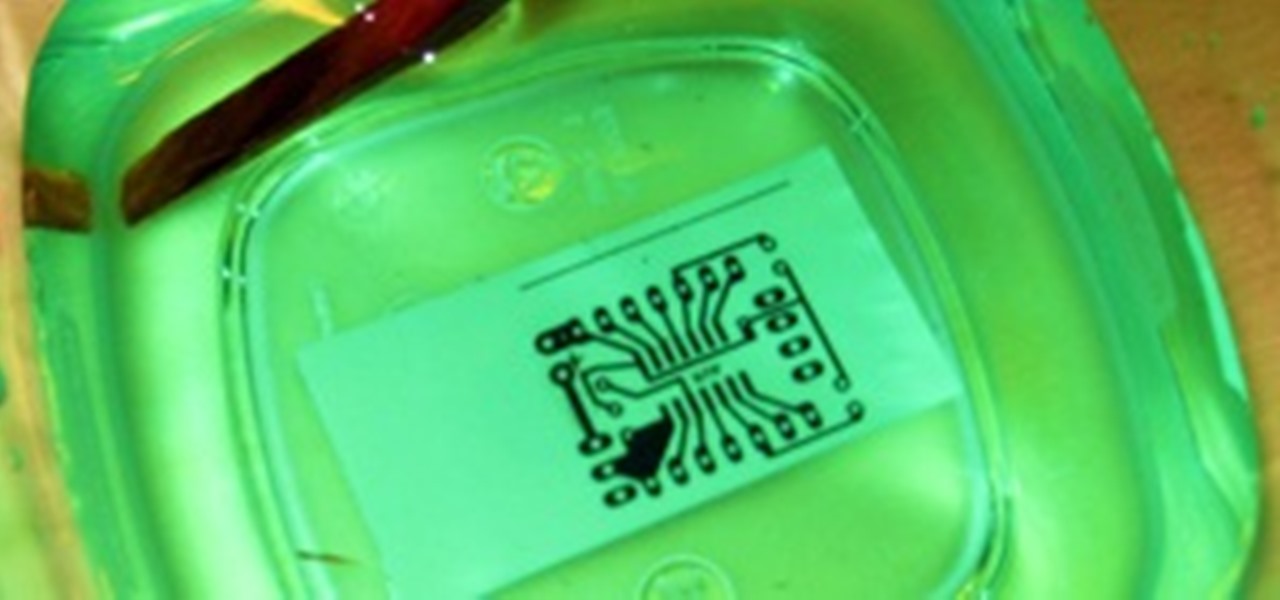
Etching your own circuit boards is tons of fun, but etching requires strong chemicals to dissolve the copper plating on blank circuit boards. The normal ferric chloride solution works well, but can be expensive and leaves permanent stains. Luckily, we can whip up our own etchant at home with everyday chemicals! Better yet, our new etchant will turn an eerie green color rather than the dull brown of ferric chloride.

TANK DOG!!! Most hilarious costume I've seen this year. YouTube user darkbluedrew won first place at their local Petsmart's Howl-o-ween costume contest. Complete with a real enough weapon...
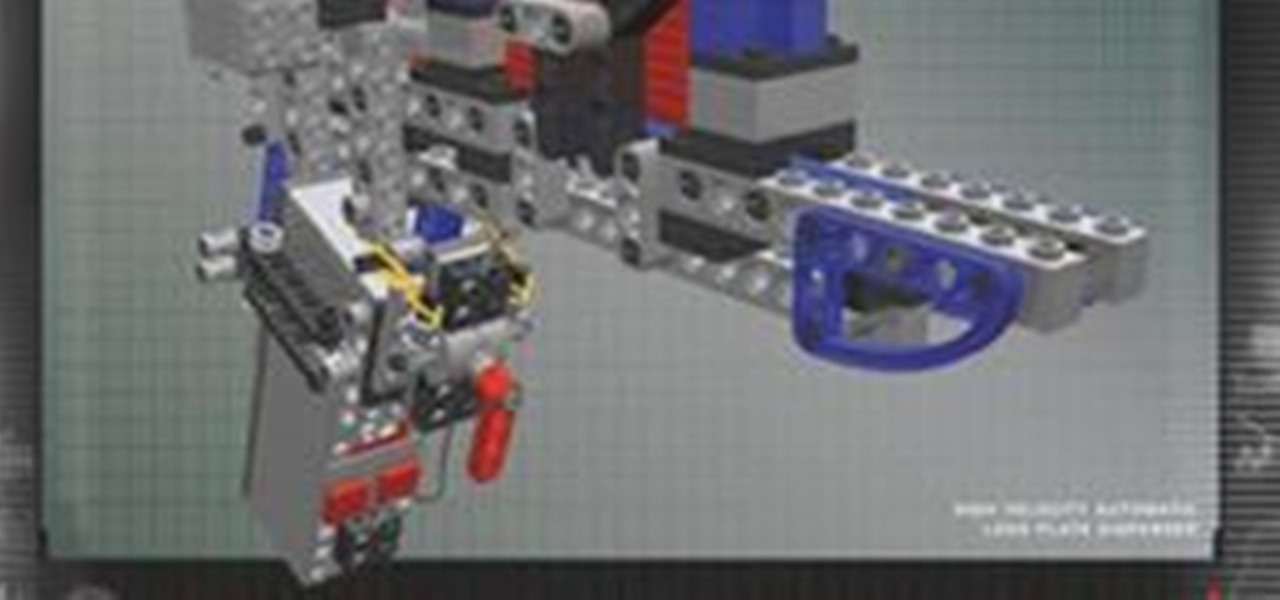
In this book you can build all sorts of 'Dangerous Weapons'. I came across this youtube video of a gun made from the directions within the book.
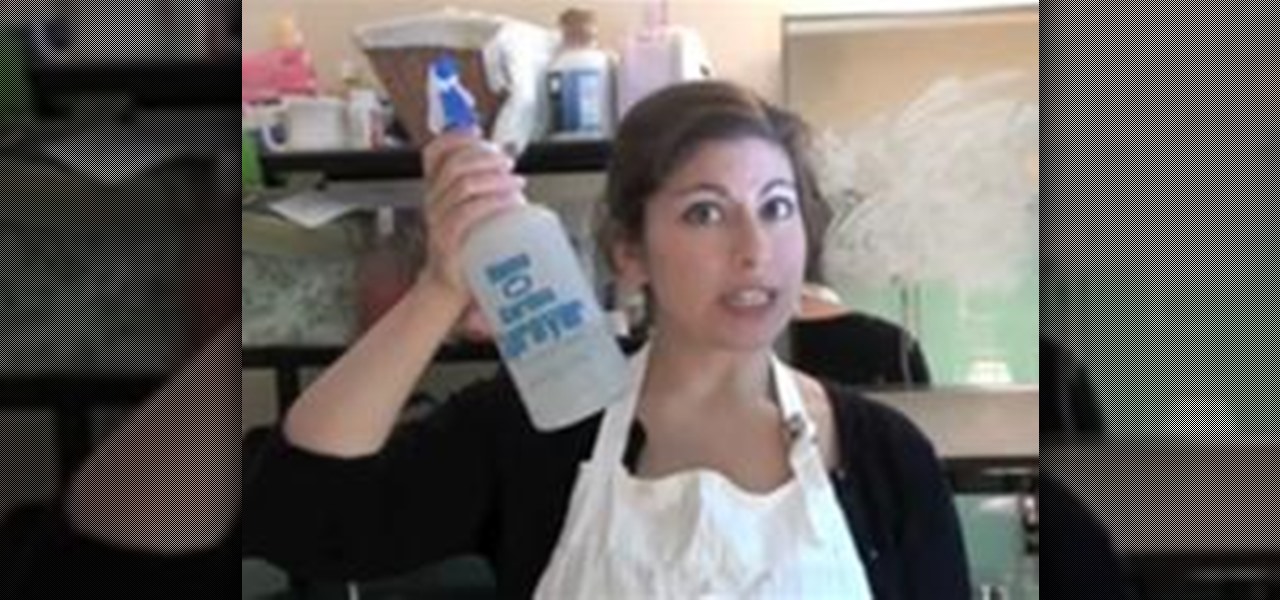
Supplies 2 parts water
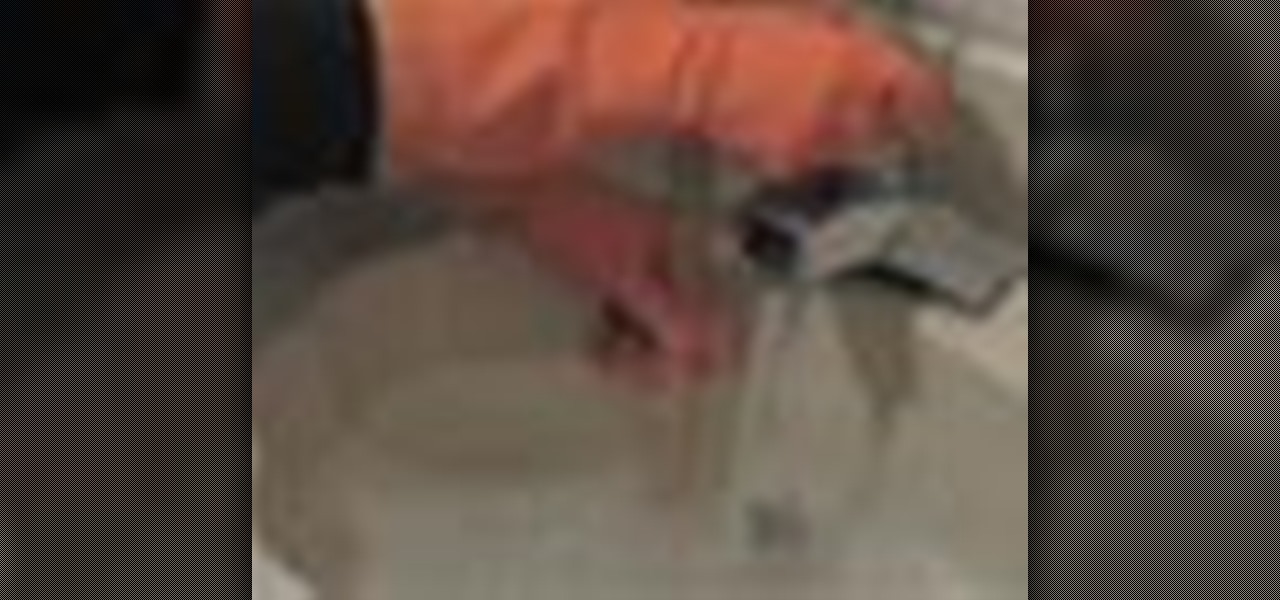
Did you know germs can travel pretty far? If you store your toothbrush in the bathroom like almost everyone does, you may need to give it a good wash now and again. In this tutorial, learn how to remove germs from your toothbrush, and stay healthier. This video will show you how to use common, natural household items to clean your brush instead of harmful chemicals.

Stripping furniture or woodwork can be like a treasure hunt, revealing a beautiful wood surface beneath old paint and varnish. An old finish can be removed mechanically using a sander, but you run the risk of sanding off fine detail and contours in the woodwork. Chemical stripping enables you to soften the finish and then remove it with a scraper. Chemical stripper will remove most painted, shellacked or varnished finishes. For complete, step-by-step instructions for this DIY project, watch t...
I have axes,machine gun,fake peanus that shoot,rifles,bombs ,pistols a guide the game world at war
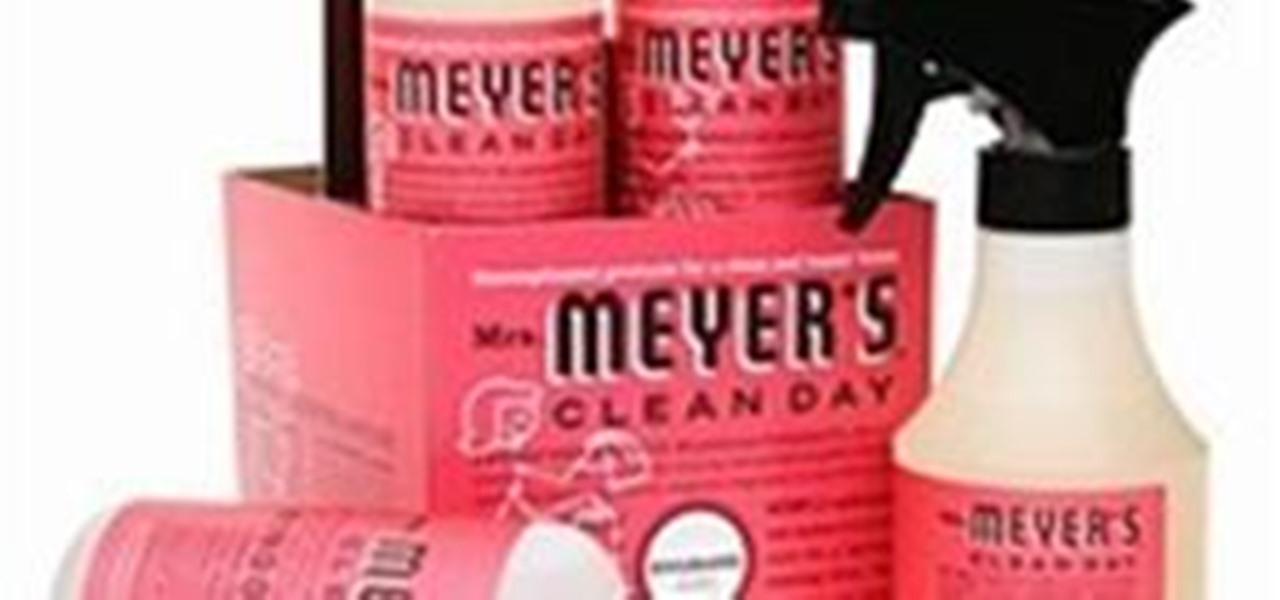
Great Cleaning Products that Won't Leave You Feeling Dirty!